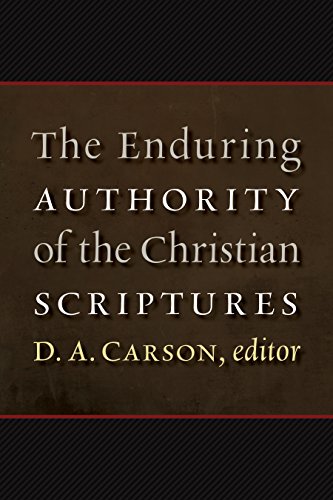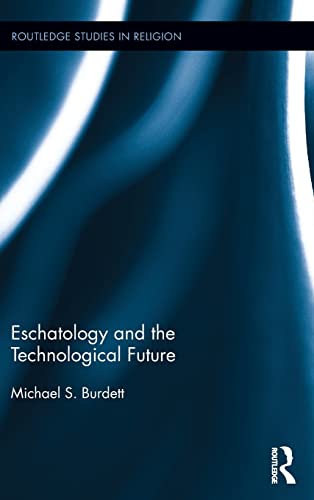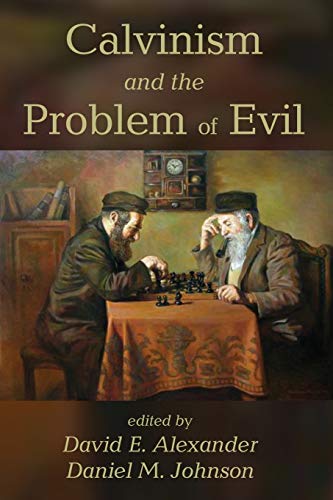Delivered from the Elements of the World: Atonement, Justification, Mission
Written by Peter J. Leithart Reviewed By Stephen N. WilliamsCur Deus Homo? ‘Unlike Anselm’, says Peter Leithart, ‘I have self-consciously asked Cur Deus Homo as a question of social and political theology, as an exploration of the cultural and public settings and consequences of the event of the cross and resurrection’ (p. 13). Orienting his account from a base in Paul’s allusion in Galatians to τὰ στοιχεῖα τοῦ κόσμου, Leithart contextualizes Paul’s thought in the ‘social physics’ of his world, whose preoccupation with purity and sacrifice was not just one preoccupation amongst others but the ground of social and religious cultures. Atonement not only in the wider cultural but in the explicit biblical context entails a social theory. This is what Peter Leithart aims to adumbrate.
Beginning with the theological significance of biblical ‘flesh’, we are conducted through an interpretation of the function of Torah to the atoning ministry of Jesus Christ, whose life, death and resurrection must be grasped according to its unified purpose of demolishing the elements of this world so that he might achieve an atonement which constitutes a new order. Justice, justification and mission thematically head up the three parts of this volume, which follow an account of the socio-religious world until Jesus Christ came. Three appendices then wrap up the argument with discussion of the metaphysics of atonement, the natural and the supernatural and Romans. It all adds up to a rich and far-reaching exegetical, biblical and systematic theology which freshly and independently interprets the atonement, bringing treasures old and new into the construction of a theological temple which is designed to show just one thing: the meaning of the work of him who forever undermined the old world of flesh and purity regulations and forever created a people delivered from the elements of this world.
Anyone who has read Peter Leithart’s book will say that my account is (I hope) accurate, but (I am sure) practically vacuous. I have given no sense of its detailed content or wide range. It is a work of compelling excellence to which the open-minded reader must surely give serious consideration. Leithart is not only fully sensitive to the interplay of detailed exegetical and big-picture plausibility, he also has the scholarly ability himself to manage directly all the various elements in his argument and their relations while calling no man master. Some readers will understandably observe that if we indicate the new perspective on Paul, this may quite generally enable us to plot the broad direction of the author’s thought, but this does no justice to the creative independence of approach, contribution or conclusion. Leithart’s argument may be usefully supplemented at certain points. I give two examples. First, the claim that justification is a way of talking about the death and resurrection of Jesus Christ should drive Protestants back to the Scots Confession of 1560, which interestingly does not include a chapter on justification though John Knox had no doubt that it was at the doctrinal heart of theology and theological controversy. What the Confession does speak of is Jesus Christ and Heilsgeschichte. Second, Leithart’s interpretation of modernity as a form of Galatian return to the elements of this world might usefully be brought into dialogue with Ivan Illich’s contention in Rivers North of the Future (Toronto: House of Anansi, 2005) that modernity is neither the fulfillment nor the antithesis of Christianity but, rather, its perversion.
If this reviewer is not entirely persuaded by Leithart’s argument, it is less on account of what is said (although in such comprehensive work we are all likely to disagree with something greater or lesser on that score) than on account of what is unsaid. If the unsaid were said, what significance would this have for the author’s thesis? This is not the place to attempt the test. I have in mind the question of defilement which is (rightly) foundational in Leithart’s approach. The great Old Testament text which requires consideration here is the prophecy of Ezekiel, yet the author hardly touches on it. Ezekiel it is who reminds us of the individual, while Scripture, Reformation and human experience alike alert us to the existential depths of the question of the defiled and cleansed conscience. It seems clearly to be in the background of Anselm’s Cur Deus Homo, as a reading of Richard Southern’s superb and memorable biography of Anselm brings to light. Leithart claims both that we have frequently interpreted atonement and justification too individualistically and that he is not expelling individualism. Granted on both scores. Nonetheless, Ezekiel is pre-eminent amongst the biblical books and texts which force the question of whether Leithart has altogether successfully worked his way from the question of defilement to the question of justice. (In pursuit of an answer to this question, comparison with Paul Ricoeur’s tracking of defilement in The Symbolism of Evil [New York: Harper & Row, 1967] surely proves rewarding even if we cannot go along with everything in Ricoeur.) And has he got close to plumbing the depths of the defilement and cleansing of individual conscience?
Queries perhaps. One is rather reluctant to express the hope that this volume will generate a lot of thought and discussion because that smacks of regarding it as a consumer item – one more set of ideas paraded in print and destined for armchair reflection. This possibility haunts the production of theological books today. Of course, the volume does deserve thought and discussion, but it also deserves better than that. Moreover, its author most certainly deserves our thanks.
Stephen N. Williams
Stephen Williams is professor of systematic theology at Union Theological College in Belfast, Northern Ireland, and served as general editor of Themelios from 1995 to 1999.
Other Articles in this Issue
Gospel Differences, Harmonisations, and Historical Truth: Origen and Francis Watson’s Paradigm Shift?
by Frederik S. MulderClaiming to stand on the shoulders of the later Origen, in Gospel Writing: A Canonical Perspective, Francis B...
“For Your Sake We Are Being Killed All Day Long”: Romans 8:36 and the Hermeneutics of Unexplained Suffering
by David StarlingThis article explores the function of Paul’s citation from Psalm 44:22 within the rhetoric of Romans 8:31–39...
Many churches seem to have lost the art of singing lament...
Reflections on Handling the Old Testament as Jesus Would Have Us: Psalm 15 as a Case Study
by Dane C. OrtlundIn appreciation of the renaissance of christocentric and redemptive-historical hermeneutics and homiletics in our generation, this article selects an OT text, Psalm 15, that appears on the surface to be maximally resistant to a Christ-centered reading and preaching of Scripture...
This article examines the meaning of blessing as expressed in the structure and narratives of Genesis...







